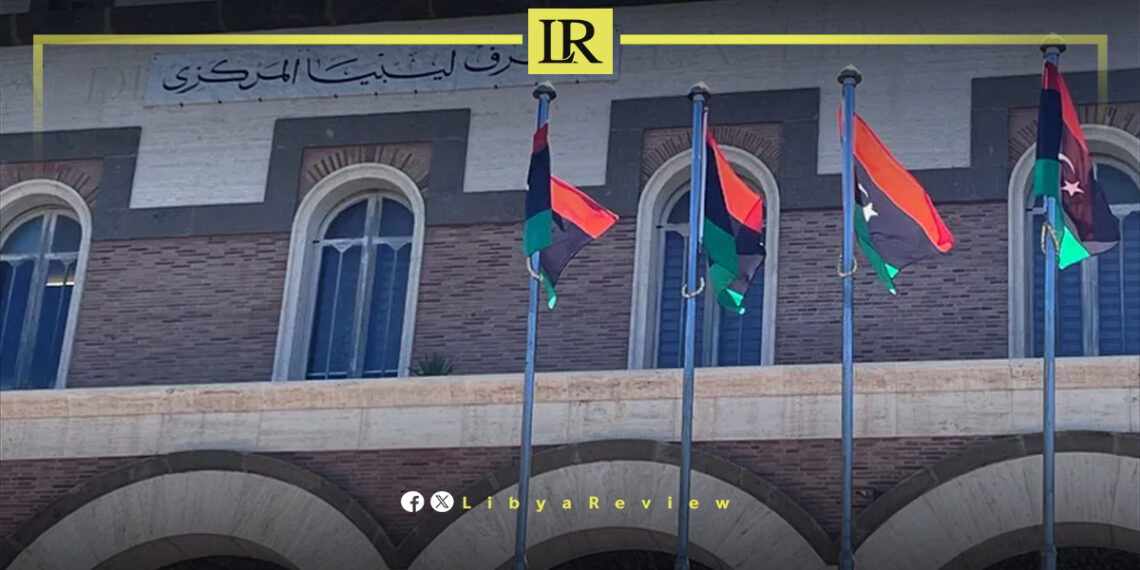On Sunday, Libya’s Parliament Speaker Ageela Saleh, announced a significant policy change aimed at easing financial pressures and revitalizing the economy. Saleh issued a decree reducing the tax on the official exchange rate for foreign currencies from 27% to 20%, a 7% decrease intended to stimulate economic activity.
According to the decree, the revenue generated from the adjusted tax will be directed towards funding development projects or transferred to the Central Bank of Libya (CBL) to help reduce the nation’s public debt.
This tax reduction is part of a larger strategy to address the country’s ongoing economic difficulties, which have been exacerbated by political instability and internal divisions. In late September, the House of Representatives appointed Naji Mohamed Issa as the new governor of the Central Bank of Libya and Marie Al-Barasi as his deputy, to stabilize the nation’s monetary policy and resolve financial crises that have negatively impacted oil production.
Since the fall of Muammar Gaddafi in 2011, Libya has been embroiled in political and economic turmoil. The country remains split between rival governments in the east and west, leading to ongoing conflicts that have severely disrupted its oil-dependent economy.
These challenges have strained Libya’s foreign currency reserves, led to the devaluation of the Libyan dinar, and resulted in inflation and unemployment.
To stabilize its finances, Libya had previously imposed a 27% tax on foreign currency transactions, which was meant to compensate for dwindling oil revenues and the instability of the dinar. However, this policy placed additional strain on the economy, particularly for businesses reliant on imports.
By lowering the tax to 20%, Libya’s government hopes to ease this burden, encourage foreign currency flow, and stimulate economic growth. The policy change is expected to reduce inflationary pressures and make it easier for businesses to operate, while also supporting development initiatives across the country.


